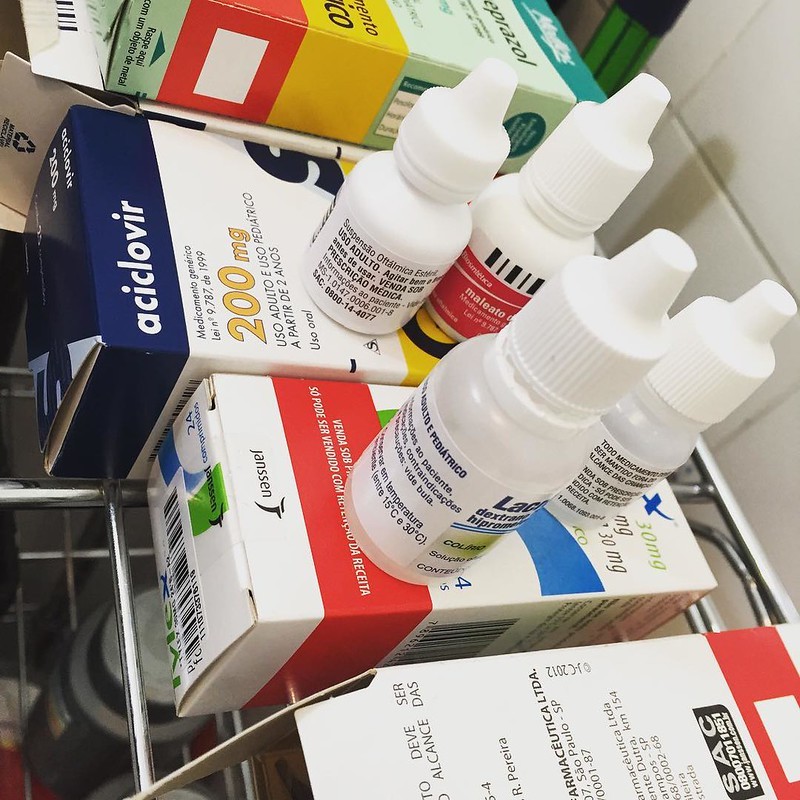Regeneron Pharmaceuticals knowingly inflated the average sales price of its expensive macular degeneration drug Eylea to Medicare, prosecutors said on Wednesday. The company allegedly failed to disclose how it subsidized credit card processing fees that went towards Eylea purchases, in order to make the drug more affordable.
“Falsely reported average sales prices cost the Medicare system hundreds of millions of dollars and we will make every effort to prevent such practices,” said Acting United States Attorney Joshua S. Levy.
According to the complaint, Regeneron “meticulously tracked how much it paid distributors in credit card processing fees” and paid out hundreds of millions of dollars in cash back promotions for its Eylea sales.
“By paying these fees, Regeneron ensured that retina practices could use credit cards to purchase Eylea without incurring a higher price and that they received the associated benefits,” the DOJ said.
Prosecutors highlighted that Eylea is a “top Medicare expense,” for which more than US$25 billion in reimbursements were paid out between 2012 and 2023. A single dose had a listed sale price of $1,850 at the time of the drug’s 2012 launch; this is before the added fee for purchases made by credit card.
To put that into perspective, $39.4 million in Eylea sales made by credit card would generate almost $750,000 at 1.89%.
The pharmaceutical company allegedly reimbursed more than US$250 million to a single practice between 2012 and mid-2021 in the form of Eylea credit card fees without notifying Medicare.
By failing to disclose such price concessions, Regeneron grossly overinflated the total amount for which it was eligible for reimbursement and passed the difference onto the American taxpayers, federal authorities said.
Investigators caught wind of the pharmaceutical company’s alleged scheme after a whistleblower offered information under the qui tam provisions of the False Claims Act; under these provisions, the whistleblower could potentially be awarded a portion of money paid by Regeneron, should it be found guilty.
“We will not permit pharmaceutical companies to flout price reporting requirements to maintain high drug prices,” said Principal Deputy Attorney General Brian M. Boynton. “The department is committed to protecting federal health care programs from improper actions by drug companies or others that drive up the cost of those programs at the taxpayers’ expense.”



